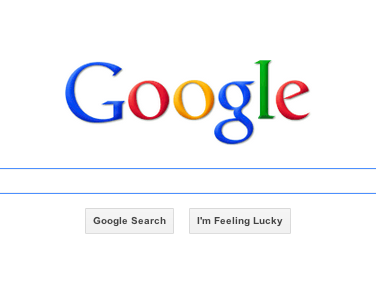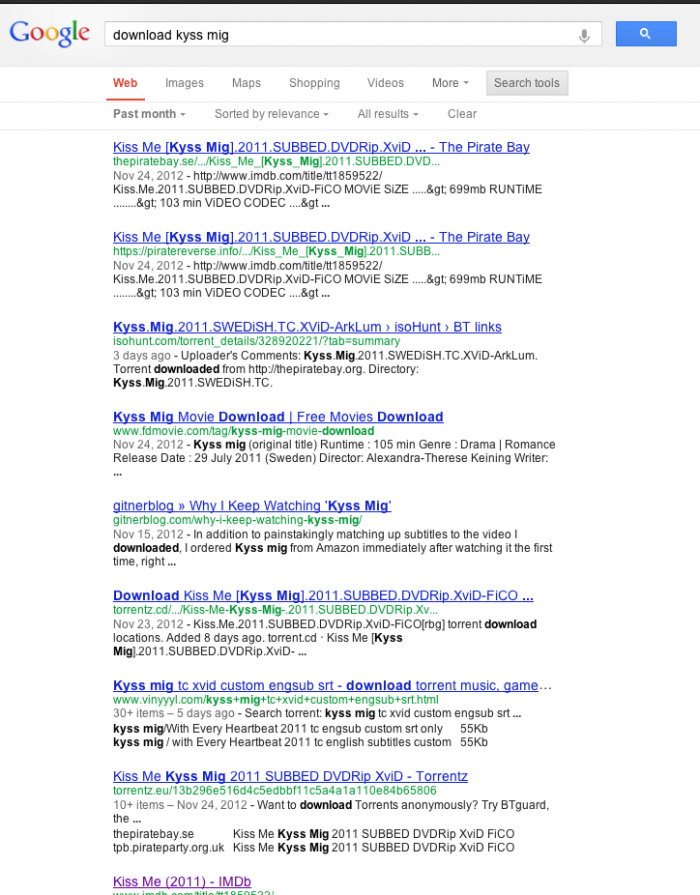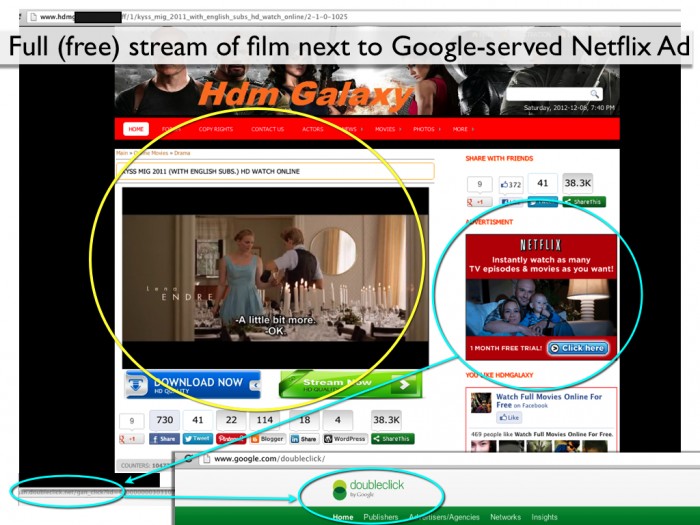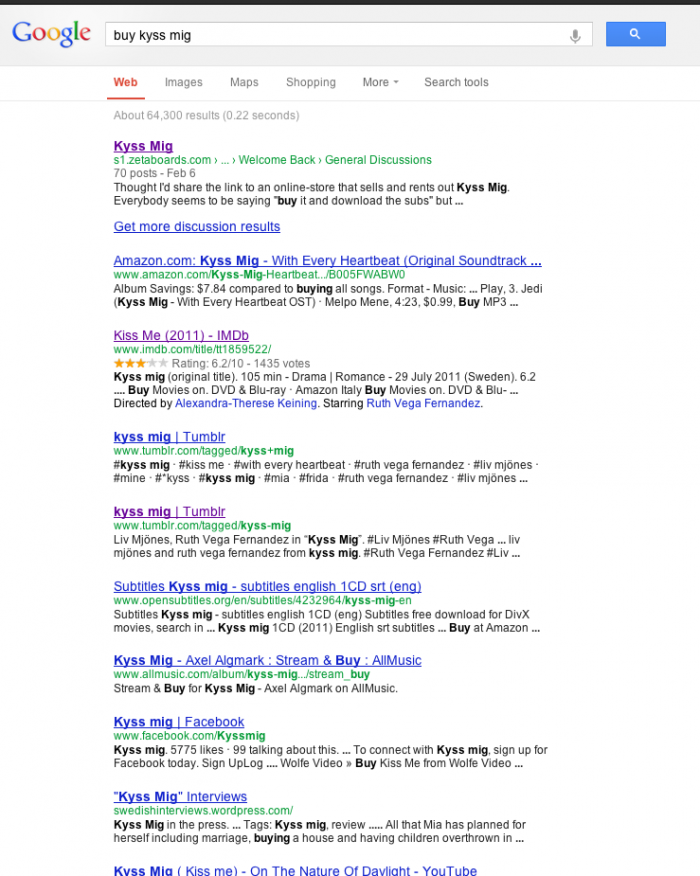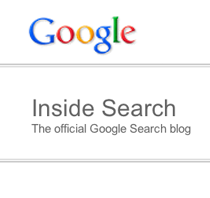Not to beat a dead horse, but surprise, surprise….I did a Google search this morning to see how easy it would be to find download links for “Kyss Mig,” a recently released Swedish indie film. I used Google to search for “download kyss mig” and….oops, so much for Google’s new search algorithm that’s supposed to penalize (reported) pirate sites. Why am I not surprised that The Pirate Bay result tops the list?
Maybe if I use the less pirate-centric term “watch” instead of “download” I’ll have better luck finding a legit source? Um, well, no, guess that won’t work either. Once again the top search results are sites notorious for linking to pirated films. Even more maddening is what I discovered when I clicked the first link…
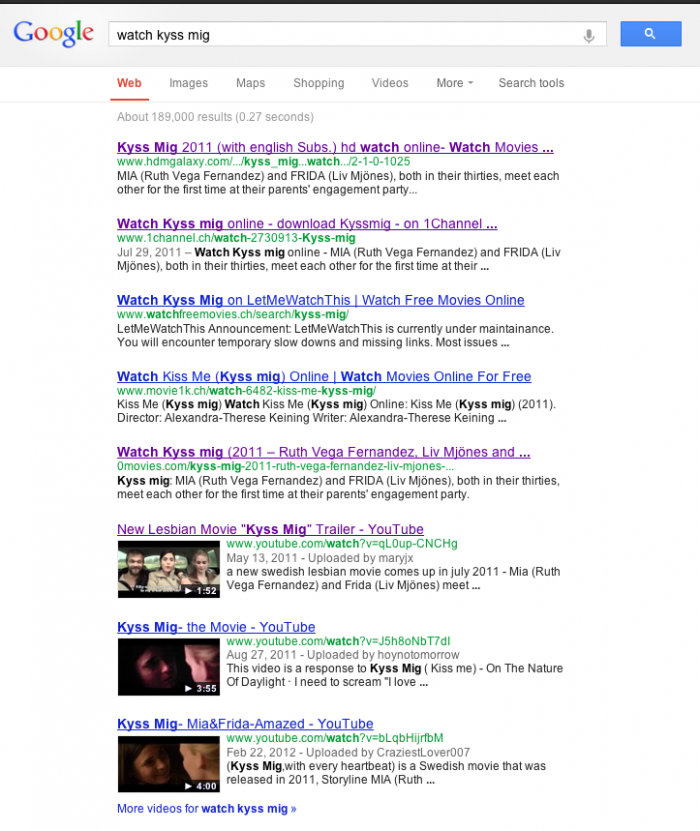 Not only did I find the full film streaming (for free) online but right beside was a Netflix advertisement. BTW I watched the first 10 minutes to double check that it was the actual film and reported it to the film’s distributor so they could have it removed. When I checked the source of the ad I found it led me back to “doubleclick.net” a Google-owned company. Perhaps this is how Google expects users to find legit copies of the film? After all, Kyss Mig does stream on Netflix….kind of a roundabout way to find the film when I can watch it right here, right now for free! Of course Google makes money from the ad either way (as does the pirate website) so what do they care? Hmmm, perhaps the Google ad placement has something to do with why this pirate site is comes up first in search results? Not to don my tin foil hat but….
Not only did I find the full film streaming (for free) online but right beside was a Netflix advertisement. BTW I watched the first 10 minutes to double check that it was the actual film and reported it to the film’s distributor so they could have it removed. When I checked the source of the ad I found it led me back to “doubleclick.net” a Google-owned company. Perhaps this is how Google expects users to find legit copies of the film? After all, Kyss Mig does stream on Netflix….kind of a roundabout way to find the film when I can watch it right here, right now for free! Of course Google makes money from the ad either way (as does the pirate website) so what do they care? Hmmm, perhaps the Google ad placement has something to do with why this pirate site is comes up first in search results? Not to don my tin foil hat but….
I guess I’m going to have to be a good girl and use the search terms “buy Kiss Mig.” Only then am I given results that lead me to legit options.
Update: Since I notified the distributor that the film was available via this pirate it’s not longer available. Too bad I can’t say the same for the website itself.

